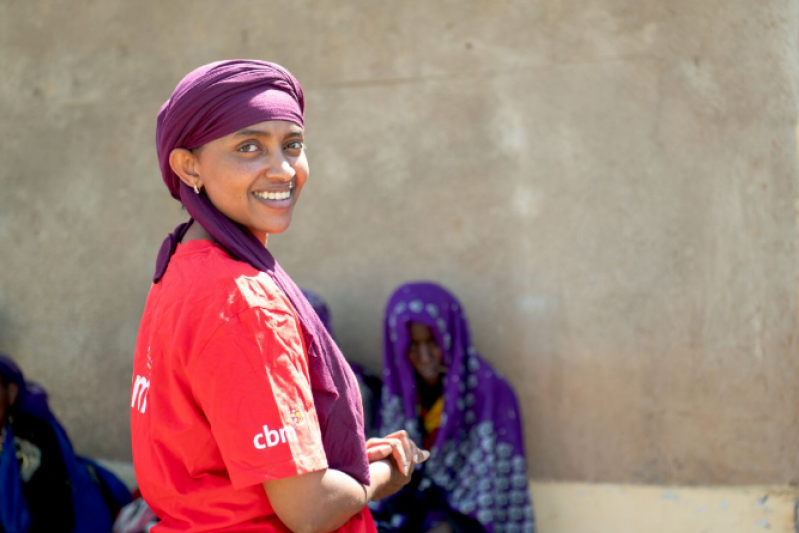
Christian organizations are using World Humanitarian Day 2025 to warn that deep cuts in global aid budgets threaten the lives of millions, even as local workers continue to serve on the frontlines of crises.
The annual day of commemoration, observed Aug. 19, was established in honor of 22 aid workers killed in a 2003 bombing of the United Nations headquarters in Baghdad on that day. While the United Nations this year sounded the alarm that the humanitarian system is “stretched to its limits,” Christian ministries emphasized both the devastating consequences of reduced funding and the courage of those who remain committed to serving in vulnerable communities.
The Christian Blind Mission (CBM), based in Bensheim, Germany, said the cuts risk undermining the very foundation of global stability. “These cuts are leaving millions of people in acute need in the lurch,” said CBM board member Dr. Rainer Brockhaus. He pointed to reductions such as the U.S. scaling back USAID allocations and Germany slashing its humanitarian budget by 53 percent this year, describing the measures as a “fatal signal.”
CBM highlighted the story of Fenan Adem, 26, a social worker in drought-stricken Ethiopia’s Borena Zone. She provides food, cash assistance and livestock to struggling families while advocating for those with disabilities, who face even greater obstacles when survival requires long treks for water and resources. “Persons with disabilities are hit particularly hard by this crisis,” Adem said. “If you are blind or have a walking disability, you can’t manage the kilometre-long walk to the next watering hole on your own.”
Adem said her goal was to be “a voice for those who no one else hears.” But she acknowledged that uncertainty looms over her community’s future if sustainable solutions and reliable funding do not materialize.
Brockhaus praised workers like Adem as the backbone of Christian humanitarian service. “They are courageous, committed and irreplaceable,” he said. “Only through the commitment of these aid workers can CBM provide support where it is most urgently needed.”
Global statistics underline the urgency. The UN reports that 305 million people in 72 countries need humanitarian assistance this year, requiring $47.4 billion in funding. One in five children worldwide live in or are fleeing conflict zones. In 2024, 58,700 civilians were killed in humanitarian crisis contexts, while 380 aid workers lost their lives in the line of duty.
Despite these grim realities, Christians involved in humanitarian aid see signs of hope in the dedication of local workers and the faith that sustains them. For CBM and other Christian organizations, World Humanitarian Day serves not only to remember those lost but also to reaffirm a calling rooted in Christ’s command to serve “the least of these.”






